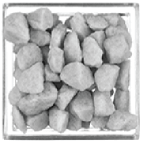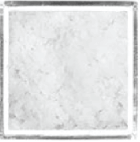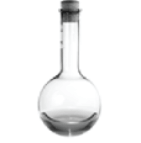

Select SDGs to find out how we are taking action in support of the UN Substinable Development Goals
-
ICL @ A Glance
-
Vision
Vision & Commitments
Start this Chapter -
Our Business
Our Business
Start this Chapter -
Sustainable Solutions
Sustainable Solutions
Start this Chapter -
Governance
Governance
Start this Chapter -
Environmental Performance
Environmental Performance
Start this Chapter -
Our People
Our People
Start this Chapter - Our Communities








